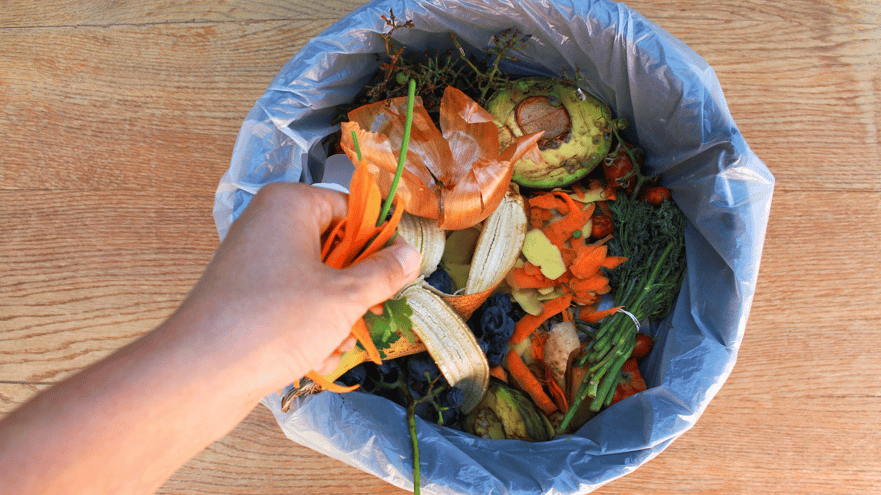REDUCING FOOD WASTE IN THE
FOODSERVICE INDUSTRY
Table of Content
What Is Food Waste?
 Food waste is a significant problem that affects individuals, communities, and the environment. It occurs at every stage of the food supply chain, from production and processing to distribution, retail, and consumption. According to estimates, roughly one-third of all food produced worldwide is wasted, equivalent to about 1.3 billion tons of food per year.
Food waste is a significant problem that affects individuals, communities, and the environment. It occurs at every stage of the food supply chain, from production and processing to distribution, retail, and consumption. According to estimates, roughly one-third of all food produced worldwide is wasted, equivalent to about 1.3 billion tons of food per year.
The reasons for food waste are varied and complex, but some common factors include overproduction, aesthetic standards, confusion about expiration dates, and inadequate storage and distribution. For example, many farmers and food manufacturers produce more food than can be sold, resulting in a significant amount of it being discarded. Similarly, supermarkets and consumers often reject food based on its appearance, even if it is still edible.
Related Content
- Food Waste in the Foodservice Industry
- The Impacts of the COVID Pandemic on Food Waste
- Food Waste Statistics and Trends You Should Know
The Benefits of Reducing Food Waste
 Reducing food waste in restaurants has numerous benefits for the business and the environment.
Reducing food waste in restaurants has numerous benefits for the business and the environment.
First, it's a social responsibility. With so many people facing food insecurity, it is important to make sure that food is not wasted when there are people who are hungry and in need. By reducing food waste, restaurants can help feed more people and positively impact their communities.
Second, reducing food waste is good for the environment. When food is thrown away, it often ends up in landfills, where it decomposes and releases methane, a potent greenhouse gas that contributes to climate change. By reducing food waste, restaurants can reduce their carbon footprint and play a role in addressing climate change.
Finally, reducing food waste can significantly reduce a restaurant's operating costs. Food is often one of the biggest expenses for a restaurant, and by reducing waste, a restaurant can save money on purchases and disposal costs. This can lead to increased profits and a more sustainable business model.
Related Content
- Ways to Reduce Food Waste in Schools
- 7 Reasons Why Your Commercial Kitchen Needs A Blast Chiller
- Uncovering the Dangers of Frost Buildup
- Why A Longer Shelf Life for Food Will Save Money
Solutions for Eliminating Food Waste
 As a restaurant owner, reducing food waste is likely at the top of your list of priorities. Not only is it good for the environment and your bottom line, but it's also a social responsibility. One way to help eliminate food waste in your restaurant is by investing in commercial refrigeration solutions.
As a restaurant owner, reducing food waste is likely at the top of your list of priorities. Not only is it good for the environment and your bottom line, but it's also a social responsibility. One way to help eliminate food waste in your restaurant is by investing in commercial refrigeration solutions.
There are a few key considerations when it comes to choosing the right commercial refrigeration solutions for your restaurant. First, think about the size and layout of your kitchen. You'll want to choose refrigeration units that are the right size for your needs, and that can fit in the available space. You'll also want to consider the type of food you'll be storing. Some refrigeration units are better suited for certain types of food than others, so it's important to choose the right one for your needs.
Related Content
Is a Blast Chiller Right for Me?
Take the interactive quiz to find out.
Ready to Talk More?
Find your local Thermo-Kool expert using our Sales Rep Locator.